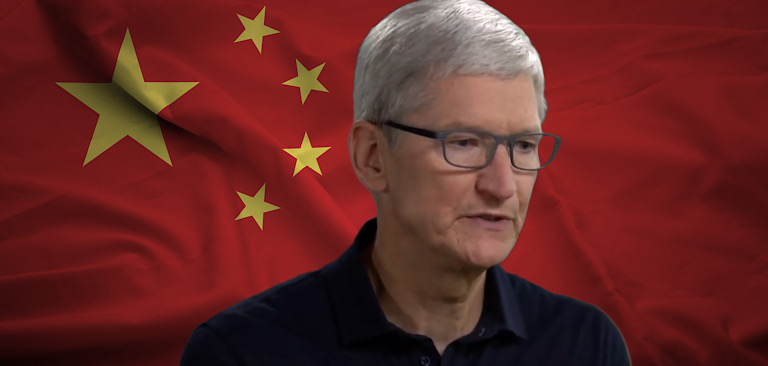Apple has taken down more apps at the behest of the Chinese government and removed the popular podcast players Pocket Casts and Castro from the Chinese App Store.
Pocket Casts was removed in response to a request from the Cyberspace Administration of China (CAC) – the Chinese Communist Party’s (CCP’s) central internet censor.
Pocket Casts tweeted that it was contacted by the CAC a couple of days before Apple took the app down and stated:
“We believe podcasting is and should remain an open medium, free of government censorship. As such we won’t be censoring podcast content at their request.
We understand this means that it’s unlikely that our iOS App will be available in China, but feel it’s a necessary step to take for any company that values the open distribution model that makes podcasting special.”
Castro tweeted that its app was also removed from the Chinese App Store and added that China represented around 10% of its user base.
Apple’s decision to do business in mainland China has led to it facing heavy criticism for ignoring the country’s human rights violations and censoring on behalf of the CCP.
Related: ? Apple’s history of censorship: 10+ years of crackdowns on news, apps, music, and more
Before taking down Pocket Casts, Apple has complied with several of the Chinese government’s requests to remove audio content from its services.
Last year, Apple censored several Chinese language podcasts in China and removed Chinese artist Jacky Cheung’s song The Path of Man, which references the Tiananmen Square massacre, from Apple Music.
Apple has also been blasted for acting as an “accomplice for Chinese censorship” by lawmakers in recent years with some of the many apps it has taken down in response to pressure and requests from the CCP including the protest safety app HKmap Live and the encrypted chat app BOOM.
Apple even admits that China is the country it most censors the App Store for for and its shareholders also rejected a motion to declare freedom of expression as a human right earlier this year.
While Apple regularly censors on behalf of the Chinese government, it has ignored the requests of US lawmakers to testify about China several times.
Apple’s support of protestors also appears to be contingent on China with its CEO Tim Cook recently penning a memo in support of the protests that have erupted in the wake of George Floyd’s death and the company updating several of its services and pages to support Black Lives Matter.
Yet when it came to the pro-democracy protests in Hong Kong last year, Apple made no public statements of support and even took down an app that was used by those protesting against the CCP.













